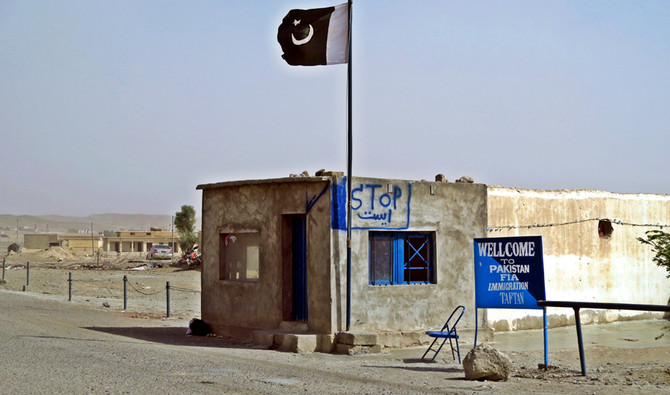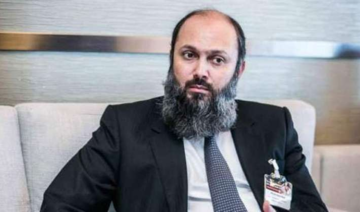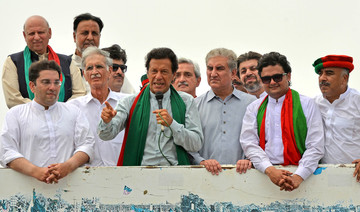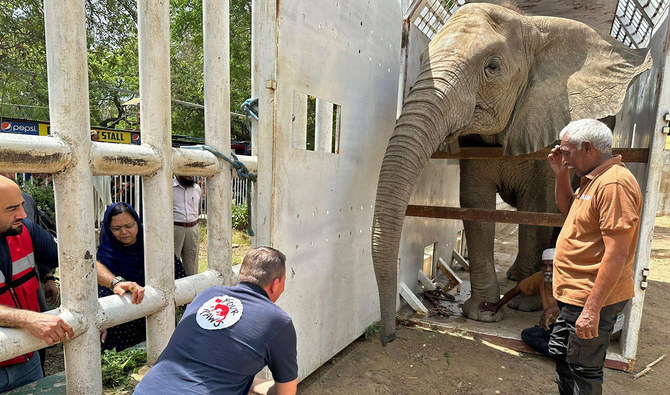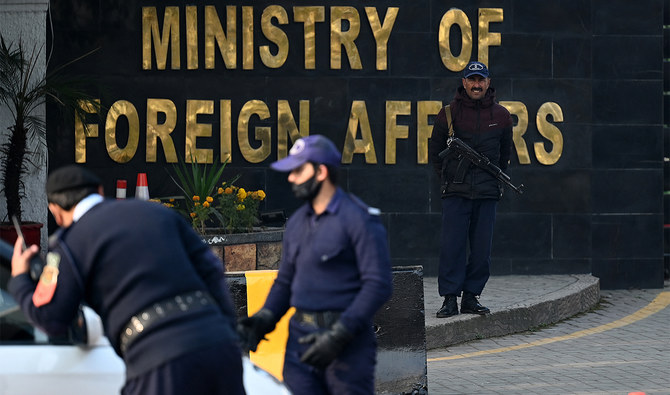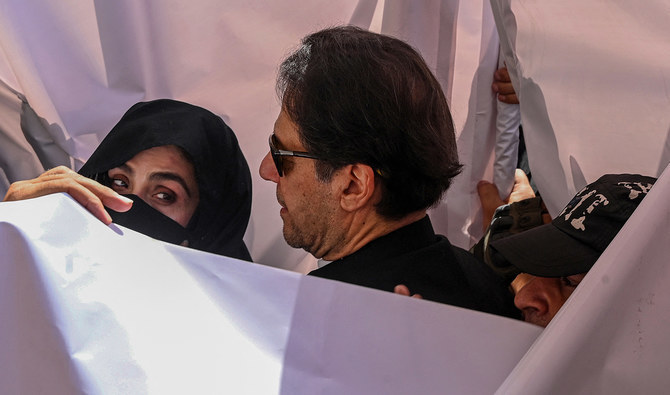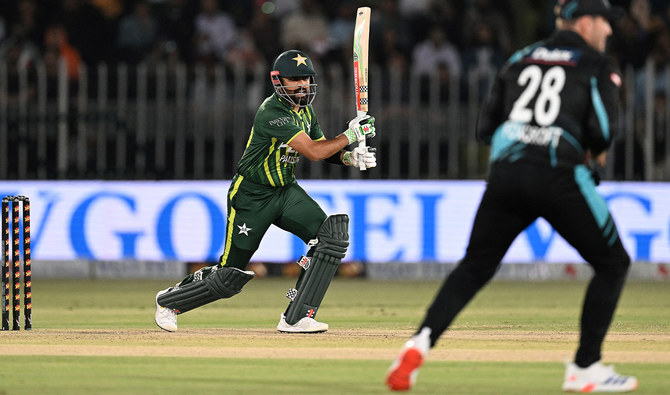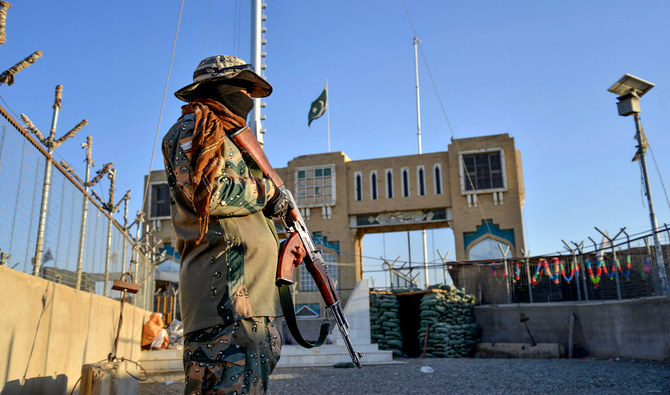KARACHI: As part of its measures to reorganize and strengthen the Levies Force, the government of Balochistan on Wednesday approved a Rs8 billion plan towards the restructuring of its law-enforcement agency.
“The cabinet has approved Rs8 billion for restructuring and strengthening the Levies Force,” Information Minister, Zahoor Ahmed Buledi, told Arab News.
According to Buledi, the restructuring plan will be completed in four phases for which the provincial government will seek help from Islamabad. “The federal government will be requested to induct 2,000 new personnel,” Buledi said.
On Tuesday, Levies Force Director General Tariqur Rehman briefed Chief Minister Jam Kamal Khan Alyani and the provincial cabinet of a need to strengthen the force by establishing specific departments, namely: the quick response force wing, counter-terrorism wing, bomb disposal squad; and the intelligence wing, among others.
“Balochistan Levies’ improvement and betterment shall be done to bring them at par with police and other authorities,” Alyani tweeted after the meeting.
Currently, around 38,000 police personnel control the law and order situation in less than 10 percent of the province, whereas more than 23,000 Levies’ personnel are responsible for the rest of Balochistan -- specifically the China Pakistan Economic Corridor (CPEC), with “as many as 13,227 out of 23,132 personnel having obtained training.”
Balochistan is Pakistan’s smallest province in terms of population, but largest in terms of land, spread across an area of 347,190 square kilometers.
Who are the Levies?
“The Levies Force was established by the British Raj, keeping in view the tribal culture and regional dynamics of Balochistan,” Syed Ali Shah, a Quetta-based journalist covering security issues, told Arab News.
The force also assists other agencies in anti-smuggling raids and is responsible for the protection of the Pak-Afghan border, with recovery of land revenue, agriculture tax and all kinds of loans among its other tasks. It has jurisdiction in all districts and is headed by a director-general. It comprises locally-sourced security personnel, specifically from the Baloch and Pashtun communities. The areas controlled by the Levies Force are called B-areas whereas those managed by the police are called A-areas.
Adding that they continue to be relevant “to cope with unfolding security challenges” and because police personnel deployed from other districts “hardly know the local dynamics and are less effective as compared to the Levies”, Shah said: “We have a strong tribal setup and only the Levies can effectively work as they know who is how and what is what. The crime ratio in B-areas is far low as compared to A-areas where the police operate.”
However, not all consider the development necessary, questioning why the Levies Force “shouldn’t be merged with police for uniformity and better results”.
“If the government is spending Rs8billion on training and development of the Levies …why don’t we make a unified police system for better results?” Dr Muhammad Shoaib Suddle, former Inspector General of Police Balochistan, asked.
Suddle holds a rich portfolio of heading different organizations, dealing with issues of crime and militancy, and had initiated the process of merging the Levies Force with the police in 2004, when he was police chief. He reasoned that the old British system of the Levies Force or tribal police was in place as it was cheaper at the time.
“We started with Nasirabad, the district of the-then Prime Minister Mir Zafrullah Khan Jamali and Labela a district of the-then chief minister Jam Mir Mohammad Yousaf, who was the father of incumbent CM Balochistan,” Suddle said, adding that the merger was completed by his successors by 2007 at a cost of Rs10 billion but reserved by 2010 due to political interests.
Ruing the lack of a merit system in the Levies Force, whereby “if a father dies, his son can take up his charge”, Suddle said that the cost of maintain the force is borne by the provincial government as it’s controlled by Balochistan. “If other provinces have a uniformed force then why shouldn’t be there a single uniformed system of policing in Balochistan?” he said.
Echoing Prime Minister Imran Khan’s thoughts that no system of policing can be successful until it is depoliticized, Suddle said that the concept of the Levies Force “suits political forces as it’s more open to political interference”.
“Several new challenges have emerged over the years. When you have more than one law enforcing system, ensuring coordination becomes difficult,” Suddle said.
According to Balochistan’s home and tribal affairs department, the Levies Force is responsible for the maintenance of law and order in "B" area, execution and service of summons and warrants, manning of judicial lock ups, patrolling in "B" area including highways, protection of vital installations, railways tracks, bridges and culverts, buildings and railways, security of foreign expectorates and delegations in "B" area of the province and the maintenance of law and order in Afghan refugees camps.


